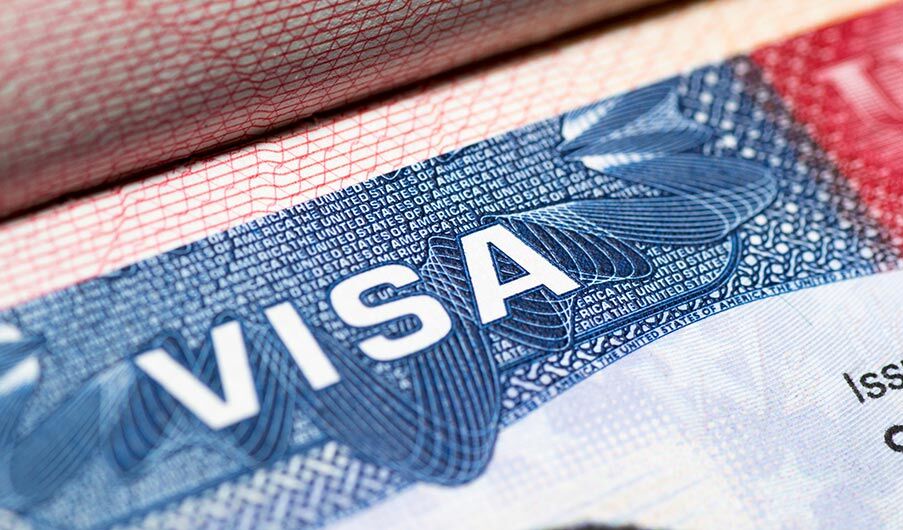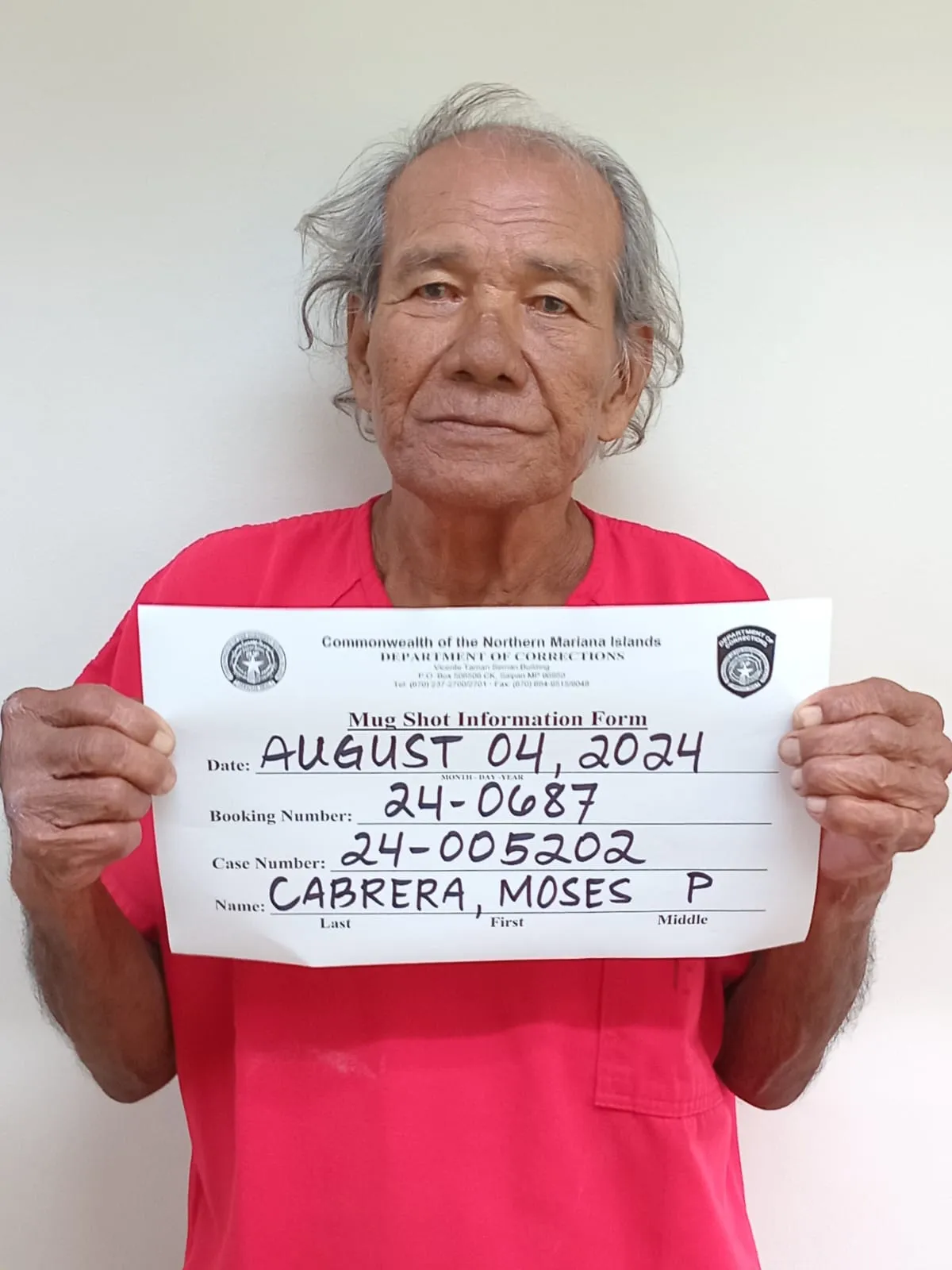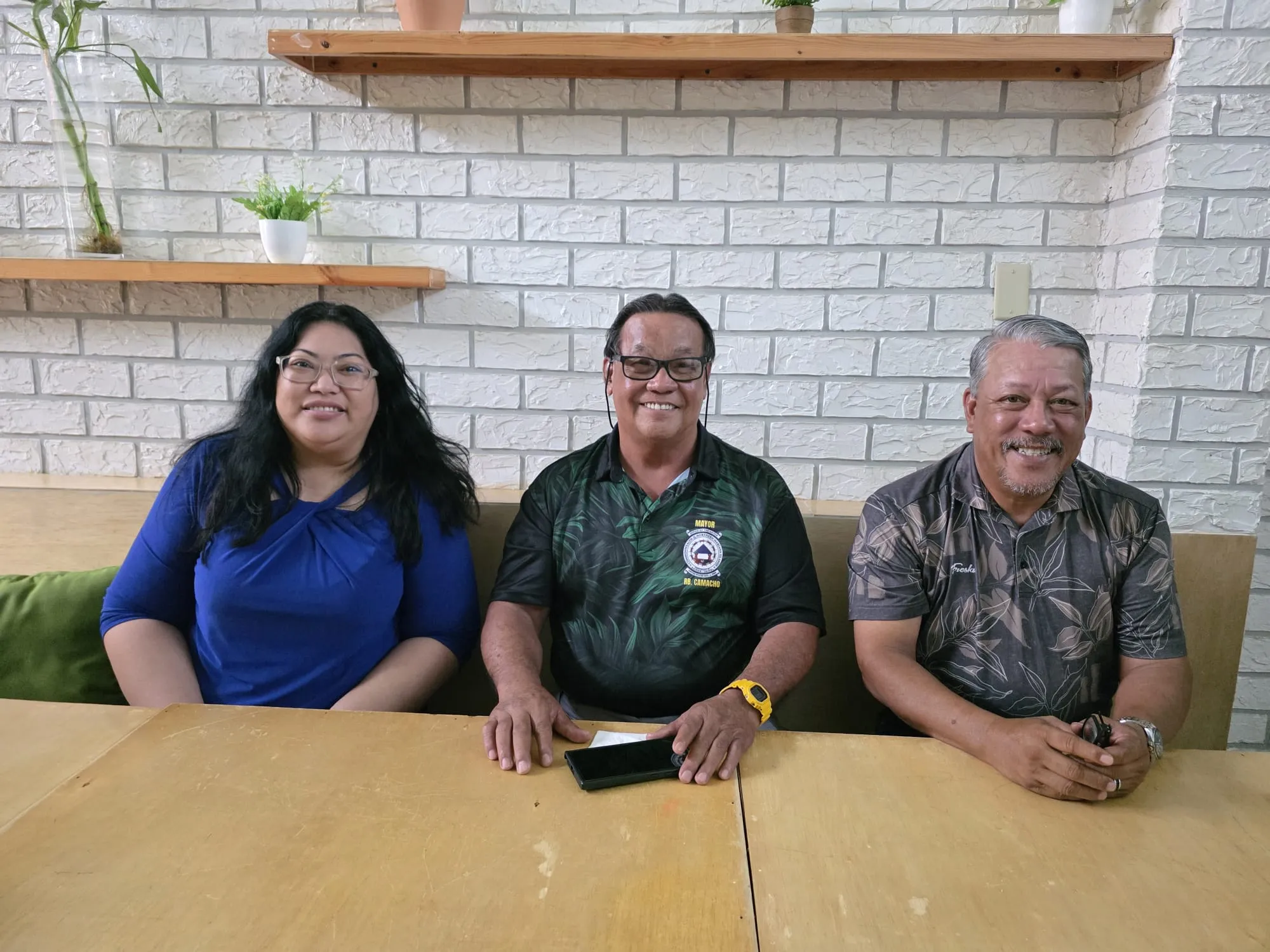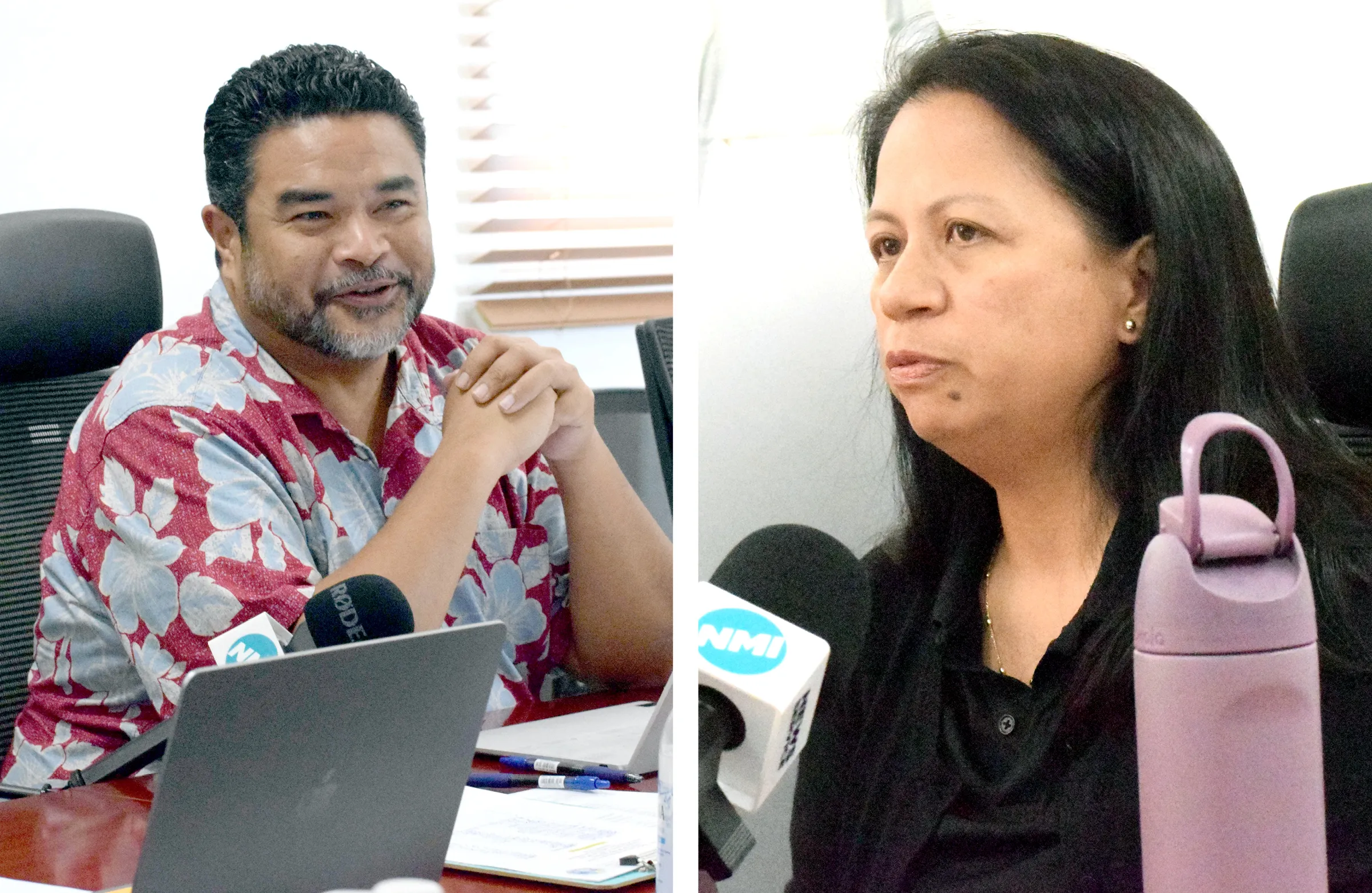FOUR U.S. senators and 28 House members, including Guam’s James Moylan and American Samoa’s Aumua Amata Coleman Radewagen, are “strongly urging” Department of Homeland Security Secretary Alejandro Mayorkas to implement the B-1/B-2 visa requirement for Chinese traveling to the CNMI.
The U.S. lawmakers told Mayorkas that this will “put the [CNMI] in line with [a] basic requirement enforced throughout the rest of the United States to ensure the safety of the homeland as a whole.”
The senators who signed the letter were Joni K. Ernst, Marco Rubio, Bill Hagerty and Mike Braun.
Besides Radewagen and Moylan, the House members who signed the letter included Neal Dunn, Thomas P. Tiffany, W. Gregory Steube, Chris Smith, Randy K. Weber, Guy Reschenthaler, Joe Wilson, Ronny L. Jackson, Andy Barr, Mike Ezell, Mike Gallagher, Michael Waltz, Blaine Luetkemeyer, John Moolenar, Harriet Hageman, Ben Cline, Doug LaMalfa, Clay Higgins, Jim Baird, Jake Laturner, John Rose, Ralph Norman, Michael T. McCaul, Dan Newhouse, Andy Ogles and Carlos Gimenez.
Variety was unable to get a comment from the CNMI’s congressional delegate, Gregorio Kilili Camacho Sablan.
Concerned
“We are writing to raise concern about the United States’ visa policy for Chinese nationals entering the Commonwealth of Northern Mariana Islands,” the letter stated. “According to the U.S. Department of State, ‘a citizen of a foreign country who wishes to enter the United States must first obtain a visa, either a nonimmigrant visa for a temporary stay, or an immigrant visa for permanent residence. Visitor visas are nonimmigrant visas for persons who want to enter the United States temporarily for business (visa category B-1), for tourism (visa category B-2), or a combination of both purposes (B-1/B-2),” the letter added.
Currently, certain Chinese nationals are not required to obtain a B-1/B-2 visa to visit the CNMI.
“The CNMI is the only United States territory into which Chinese nationals can enter without a visa. Under the current requirements, Chinese nationals must meet extremely low standards in order to be granted entry into the CNMI from China. While specific details of this arrangement remain hidden from the public, it has been reported that individuals must only have a Chinese passport that is valid for six months after the intended stay, as well as be able to prove one’s intent to depart from the island within a 14-day window,” the U.S. lawmakers said.
They said this policy “has made the islands vulnerable to a plethora of problems including drug trafficking, illegal immigration, and organized crime. Just this year, Guam Department of Labor sanctioned four companies in Guam found to be using illegal labor from China. Elsewhere, Chinese citizens were caught entering Saipan and then using messaging apps to coordinate illegal jobs and illegal boat rides to Guam, home to highly strategic U.S. military installations. Moreover just last month, the U.S. Department of Justice prosecuted a case in which two Chinese nationals using the United States Postal Service for the distribution of methamphetamine in CNMI were sentenced to prison,” the lawmakers said.
They are encouraging the U.S. Department of Homeland Security “to change this policy and apply the visa requirement equally across territories. It is imperative we deter Chinese Communist Party aggression, espionage and transnational repression,” they said.
Prior to the pandemic, China was the CNMI’s second largest tourism market with over 185,000 arrivals in 2019. Since then, however, China arrivals have plummeted to 18,550 in 2020; 12 in 2021; and 186 in 2022.
Pending rule
In a joint letter dated Oct. 20, 2023 to the CNMI governor, delegate and presiding officers of the Legislature, the Saipan Chamber of Commerce and the Hotel Association of the Northern Mariana Islands urged Commonwealth officials to advocate for a pending DHS rule that would establish the CNMI Economic Vitality Security Travel Authorization Program or EVS-TAP as a restricted sub-program of the Guam-CNMI Visa-Waiver Program.
“Once implemented, the CNMI EVS-TAP will allow prescreened nationals of the People’s Republic of China to travel without a visa only to the CNMI under specified conditions,” the chamber and HANMI stated.
They said the “formal promulgation of this rule would aid in increasing the level of passenger screening that is possible and ensure that only direct flights from China are authorized under the EVS-TAP. This would create firm safeguards against overstaying visitors or any potential future rise in birth tourism, as existing flights would be operated and controlled by travel groups that could be held accountable for their passengers.”
In a recent meeting with CNMI House members, chamber and HANMI officials mentioned the EVS-TAP and why the Commonwealth should push for its implementation.











